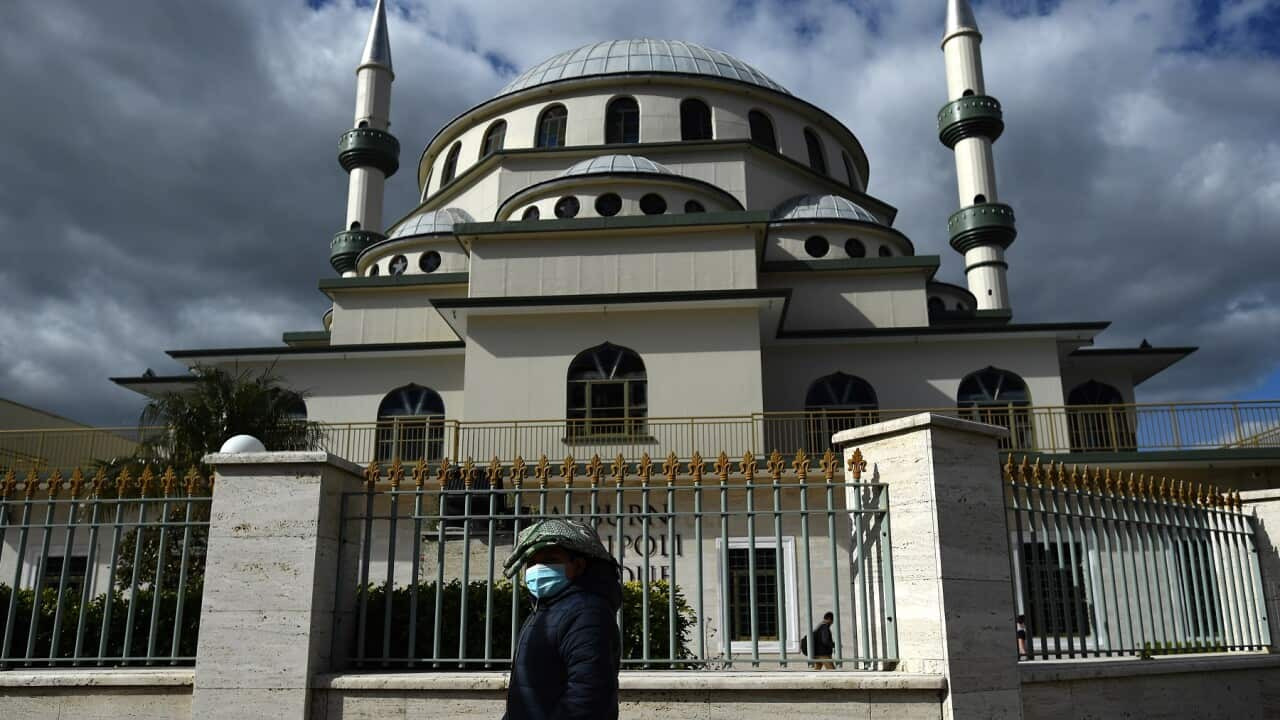Highlights
- The key to Islamic banking is interest-free financial transactions, and so it is different from conventional banking
- Experts acknowledge that some people are skeptical of whether Islamic banks are taking "interest-bearing" interest in the name of "halal business"
- The value of Islamic banking in Australia is at least AUD 2.5 billion
Dr. Mohammad Kabir Hasan, Professor of Finance at the University of New Orleans and Dr. Tonmoy Choudhury, Lecturer at the Edith Cowan University School of Business and Law will discuss how Islamic banking works and its future in Australia.
Professor Dr. Mohammad Kabir Hassan currently holds three endowed Chairs-Hibernia Professor of Economics and Finance, Hancock Whitney Chair Professor in Business, and Bank One Professor in Business- at the University of New Orleans. Professor Hassan is the winner of the 2016 Islamic Development Bank (IDB) Prize in Islamic Banking and Finance. Professor Hassan received his BA in Economics and Mathematics from Gustavus Adolphus College, Minnesota, USA, and M.A. in Economics and Ph.D. in Finance from the University of Nebraska-Lincoln, USA respectively.
Our co-panelist to this topic, Dr. Tonmoy Choudhury, is a lecturer at the School of Business and Law of Edith Cowan University, Australia. He is currently coordinating and lecturing Risk management in Financial Market and Institutions. His research focuses on the multidisciplinary implication of financial management with a strong focus on risk spillover. He finished his Ph.D. in Banking from Western Sydney University in 2019.
The key to Islamic banking is interest-free financial transactions, and so it is different from conventional banking.
Dr. Kabir Hasan said that conventional banks will give you loans, and they will charge interest in return, this is how ordinary banking works.
"On the other hand, there is no harm in financial transaction in Islam, but there should be no extra charge. This is what Allah has declared forbidden in the Holy Qur'an."
"But in the Qur'an, Allah has made business lawful. Interest is forbidden not only in Islam, but in all Abrahamic religions, such as Christianity and Judaism," he said.

Professor Dr. Mohammad Kabir Hassan is a Professor of Finance in the Department of Economics and Finance at the University of New Orleans. Source: Dr. Mohammad Kabir Hassan
He said there are some certain rules of Islamic banking in terms of financing which are different from other banks and agree with Islam.
The Islamic Bank has an agreement with the traders for financing and one of the main functions of the bank is to monitor the profit and loss accounts of the traders concerned.
"Banks collect information, ... if they do monitor, credit analysis, etc., the tendency of traders to hide is reduced in this way. So, there is no issue as countries with Islamic banking are under the law and it is 'highly regulated industry'.
The key to Islamic banking is interest-free since its bottom line is Islamic compliance. However, in many cases, the banks which are offering interest-based loans are offering Islamic banking as well, which Dr Hassan considers 'conflicting'.
"In my view, there should not be two types of banking in the same bank, you cannot mix haram and halal," he said.
Of course, the concept of Islamic banking is gaining importance in Muslim-majority countries, even in many developed countries in the West, and Dr. Hassan is very optimistic about its future success.
"I tell my students that resharing is critical for equitable economic growth in a country. Since the fundamentals of Islamic finance are based on resharing, interest from Western stakeholders is growing," he said.

Dr. Tonmoy Choudhury is a lecturer at the School of Business and Law of Edith Cowan University, Australia. Source: Dr. Tonmoy Choudhury
"Although this is a concept for Muslims, it is controlled by the West. The technical know-how allows them to easily enter the system," he said.
Australia has a Muslim population of just over 600,000, or 2.6 per cent of the total population. What is the image of Islamic banking in Australia?
Dr Tanmoy Choudhury, a lecturer at Edith Cowan University in Perth, said the size of Islamic banking in Australia is at least AUD 2.5 billion.
"In a country with a small population like Australia, a 2.5 billion industry is a pretty big industry," said Dr Tonmoy Choudhury.
But Dr Choudhury personally believes adding informal banking, the value of Islamic banking would be about AUD 5 billion.
"Of the four largest banks in Australia, the National Bank of Australia (NAB) has so far started Islamic finance only in the business sector, not in the home loan sector," he said.
But Dr Choudhury said the biggest demand for Islamic finance is for home loans. Because house prices are much higher in Australia.
"We expect Australia to license online-based Islamic finance in 2021. Then we will really understand the demand for Islamic finance in Australia," he said.
But at the same time, Dr. Choudhury thinks that Islamic finance will be quite profitable for the entrepreneurs. Although Islamic banking is slowly emerging in Australia, he hopes it will grow to full size in the next two to three years.
Listen to the whole conversation in Bangla by clicking the audio player above.
See also:











